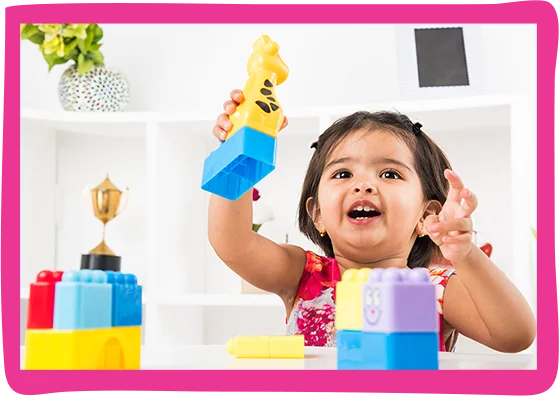Teenage Drama

If you have a child in teens, you must be aware of their tantrum. Do you ever wonder what this teenage child of yours is up to? They don’t comply with most of the social norms and are busy in their own world. Frustrated, angry, agitated and always ready to get in the word fight. But these young individuals go through a lot of changes as they enter puberty. So, as children become teenagers, their brain grows and changes. And all these changes affect their behavior. Children’s brain has a massive advancement happening at this point of time.
By the time they are 6 years old, their brain is 90-95% the size of an adult. But there are changes that occur when they are in their adolescence. When your child starts with 13th birthday, the brain starts to remodel and this time, a bit intensively and this process continues till they are in their mid-20.
But what are these changes? And how does it justify the rebellious nature?
Let’s get a little scientific.., teenage is the age when inside of the brain develops. The main change that occurs is that the unused connections in the thinking and processing part of their child’s brain known as the grey matter are removed. And at the same time, other connections are strengthened. This is the brain’s way of becoming more efficient, based on the ‘use it or lose it’ principle. This process starts at the back of the brain and the last part of the brain to be remodeled is the front brain known as prefrontal cortex. The prefrontal cortex is responsible for the decision making abilities.
This is the very reason why teenagers have issues managing their behavior. Since the remodeling or advancement of the brain begins from the back of the brain, they relay on the amygdala. This part of the brain is the first to that experience advances. Amygdala is related to emotions, impulses, aggression and instinctive behavior.
How can you help your teenager grow?
We all see our teenage kids acting a little differently. They have their own perspective of the world. These young bloods are like fire and with direction they change the shape of the world. Without proper guidance the fire of youth will be wasted. They can harbor destructive forces.
But first thing first. Do not misunderstand the word rebellion. “Rebellion is not a crime; the crime occurs when the rebellion has no healthy outlet”. This period is the most meaningful phase; they are overflowing with the mixture of confidence and adrenaline. Rebellion is the healthy; it is pure energy that inspires not to give up easily.
Here is how you can channelize this energy
Encourage empathy.
Talk about feelings – yours, your child’s and other people’s. Let them know that other people have different perspectives and circumstances. Reinforce that many people can be affected by one action.
Emphasize the immediate and long-term consequences of actions.
The part of the brain responsible for future thinking (the prefrontal cortex) is still developing. If you talk about how your child’s actions influence both the present and the future, you can help the healthy development of your child.
Try to match your language level to the level of your child’s understanding.
For important information, you can check your child has understood by asking him to tell you in his own words what he has just heard.
Help your child develop decision-making and problem-solving skills.
You and your child could work through a process that involves defining problems, listing options, and considering outcomes that everyone is happy with.
So basically, stay involved with child’s life but don’t over-power their space. This will help you understand their point of view. And it can help you create an open relation which will help you ensure that your child is on the right track. Also, your child will able to trust with their problems.





